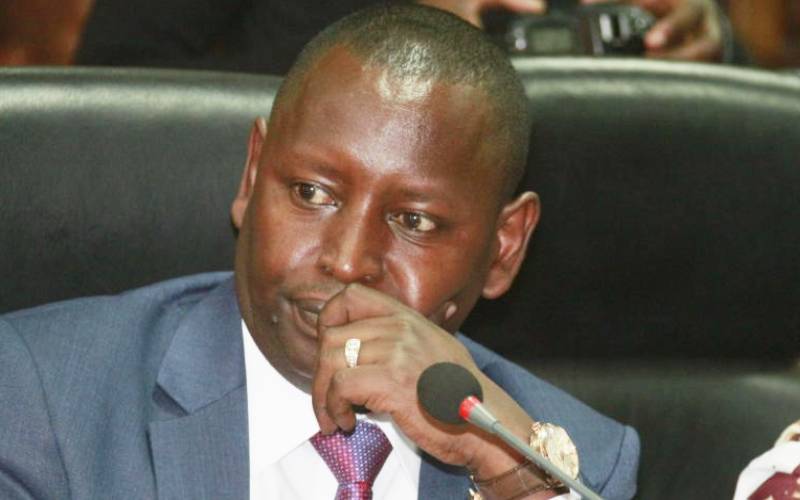×
The Standard e-Paper
Kenya’s Boldest Voice

Samburu Governor Moses Lenolkulal. [Standard]
Governors facing corruption charges will be forced to fight off prosecution’s push to have them barred from accessing their offices during trial.